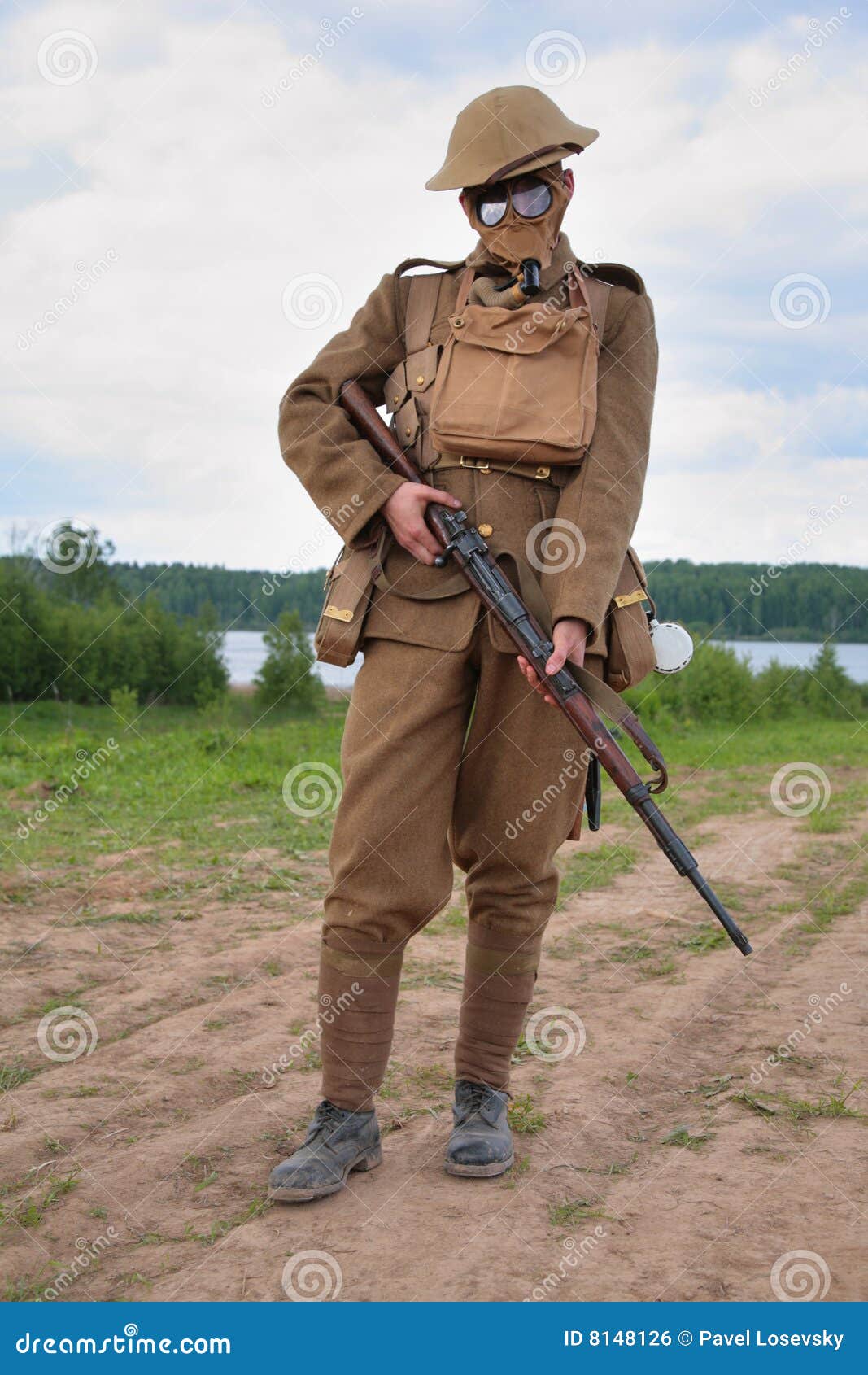

“It is not necessary to use only the most deadly gasses: gasses can be used which cause great inconvenience and would spread a lively terror and yet would leave no serious permanent effects on most of those affected.” “I cannot understand this squeamishness about the use of gas,” he wrote in a memo in 1919, when he was Britain’s secretary of war. British Prime Minister Winston Churchill, for one, had long argued in favor of the use of such weapons to shorten military conflicts. More importantly, perhaps, Hitler must have known that if he used chemical weapons, his adversaries would retaliate in kind. VIDEO: What is XV Nerve Agent? Learn the sinister history behind the lethal chemical agent that killed the half-brother of an infamous dictator. If those bombers used sarin or another chemical weapon, they would have contaminated the same area their troops would then have had to march into. Germany’s Blitzkrieg military strategy, which had so far been successful, involved sudden attacks by tanks and bombers followed swiftly by invading foot soldiers.

But even setting this aside, there’s little to no solid historical evidence linking Hitler’s wartime experience to his reluctance to use sarin against the Allies 20 years later. The idea that Hitler would have objected to using poison gas on the battlefield on ethical grounds may seem blatantly inconsistent with the fact that Nazis were systematically using Zyklon B and other chemical agents to exterminate millions of people in the gas chambers. In his biography of the Nazi leader, the historian Ian Kershaw described how Hitler himself fell victim to a mustard gas attack near Ypres on the night of October 13-14, 1918: “He and several comrades, retreating from their dug-out during a gas attack, were partially blinded by the gas and found their way to safety only by clinging to on to each other and following a comrade who was slightly less badly afflicted.” After the attack, Hitler was transported from Flanders to a military hospital in Pomerania, where he would learn the devastating news of Germany’s surrender.Īdolf Hitler dressed in his field uniform during World War I. Though Germany was the first to unleash chlorine gas on French troops during the Second Battle of Ypres in April 1915, Britain and France would also employ chlorine and mustard gas during the Great War, generating widespread outrage over the new horrors of chemical warfare. But despite such pressure, Hitler declined to employ it as a chemical weapon against the Allied Powers.Īs reported in the Washington Post, some historians have traced this reluctance to Hitler’s own experience as a soldier during World War I. From early in the conflict, high-level military officers pressed Hitler to use sarin against their adversaries. (Credit: Hulton Archive/Getty Images)īy the end of World War II, Nazi Germany had produced some 12,000 tons of the deadly chemical compound, enough to kill millions of people. Adolf Hitler reviewing troops at a Nazi rally.


 0 kommentar(er)
0 kommentar(er)
